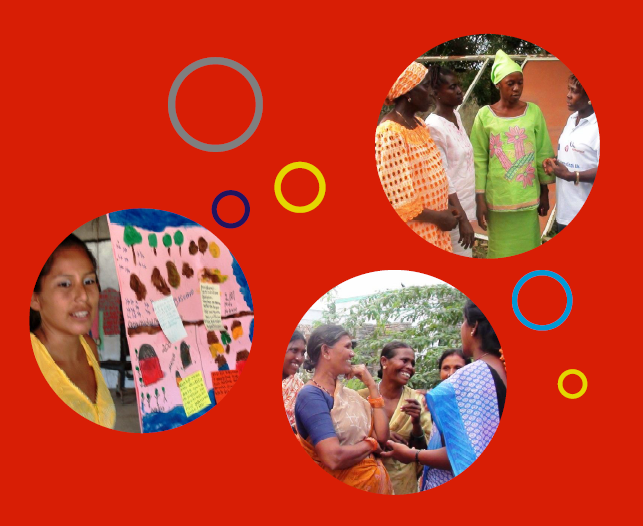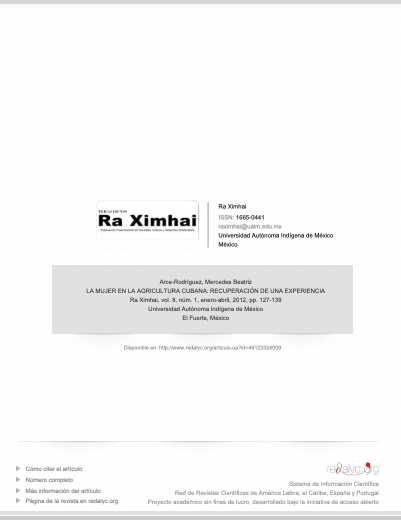1 KEY MESSAGES
Conflicts between indigenous peoples with territorial rights and other local groups like landless and migrants should be taken into account when planning REDD+ national strategies and action plans.
Acknowledging that indigenous communities are also engaged with…
This report aims to improve the knowledge base for scaling-up investments in land management technologies that sequester soil carbon for increased productivity under changing climate conditions. The report presents the following key messages.
Sustainable land management technologies…
[<a href="http://www.enlacstodgo.blogspot.it/">ENLAC</a>] Las Mujeres rurales de Latinoamérica y el Caribe: que conforman la REDLAC, así como la representación de mujeres rurales de Guinea…
<h5>The new baseline report on ActionAid's Women's Land Rights Project highlights the need for indigenous women in Guatemala, Dalit women in India, and rural women affected by HIV and AIDS in Sierra Leone to gain actual realisation of their land rights. The report suggests that …
A pesar del avance en los derechos de las mujeres, los derechos a la tierra y a la seguridad de su tenencia no son disfrutados igualitariamente por mujeres y hombres en muchas partes del mundo. Esto vulnera los derechos humanos internacionales, ejerciendo asimismo un impacto negativo sobre los…
Questions about land use are inextricably related to decisions about where and how to engage in extractive industry activities. Latin American countries have dealt with a range of land-related challenges, from land use planning and consent for securing access to land, to special considerations…
The Climate Action Tracker (CAT) compares and assesses national and global action against a range of different climate targets across all relevant time frames. This report assesses whether Mexico’s current policies and climate action pledges meet the country's targets and approach the…
La autora desarrolla un análisis sobre la participación de la mujer cubana en proyectos de desarrollo rural, tomando como referencia diferentes épocas históricas del desarrollo cubano a partir del año 1959, momento del triunfo de la revolución de Fidel Castro. Expone a través de una…
This comparative study highlights that rainfall variability and food insecurity are key drivers for human mobility. The empirical research is based on eight country case studies, including a 1,300 household survey and participatory research sessions involving 2,000 individuals. The results…
Programmes to reduce emissions from deforestation and ecosystem degradation, including REDD+ and Payment for Environmental Services (PES), could represent an opportunity to strengthen processes of conservation, sustainable usage and poverty reduction in the Mesoamerican region, particularly in…
This ‘Inside story on climate compatible development’ by the Climate and Development Knowledge Network (CDKN) presents Ecuador’s Socio Bosque programme as a successful example of a voluntary incentive-based scheme with combined environmental and socioeconomic targets. It engages the poorest…
Extractive industry investment in Latin America has increased considerably since the early 1990s, especially in the last decade. Expansion of extractive activities into new territory has led to new rounds of conflict and contestation in the region, including over resource use and control,…





